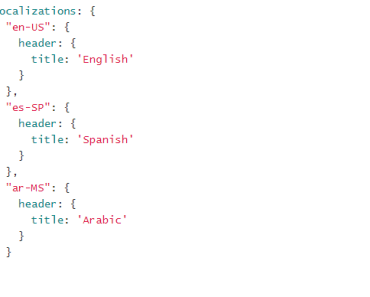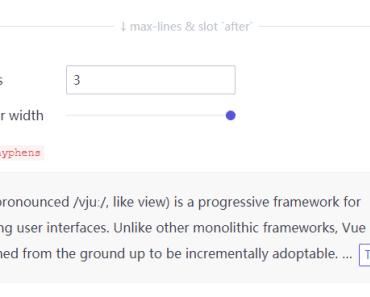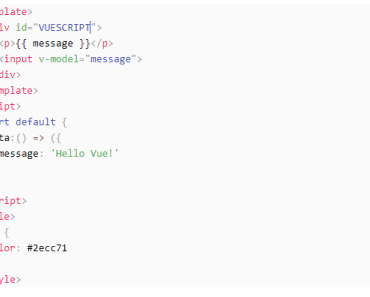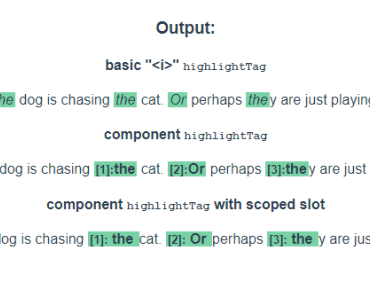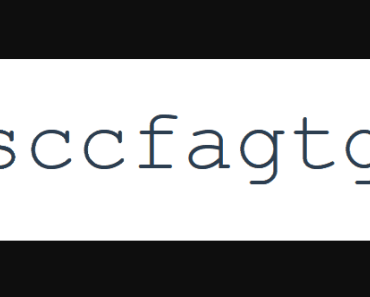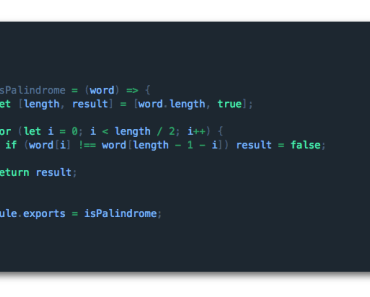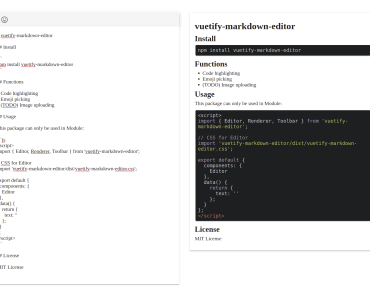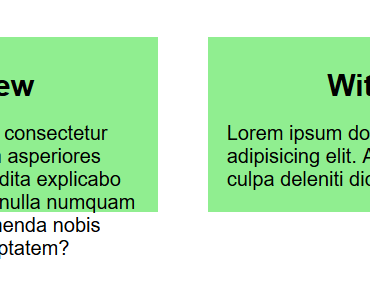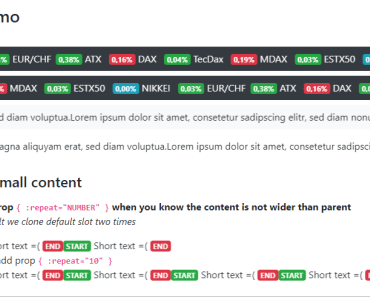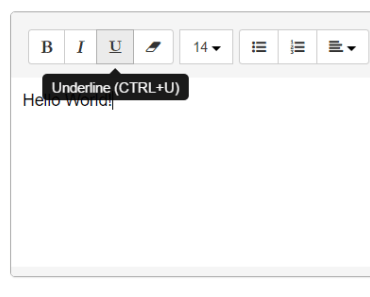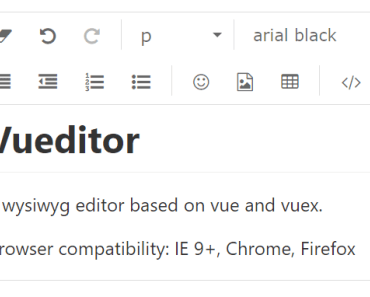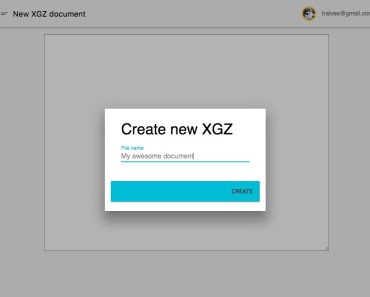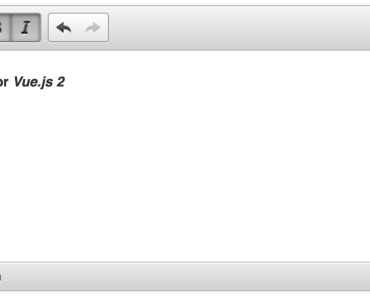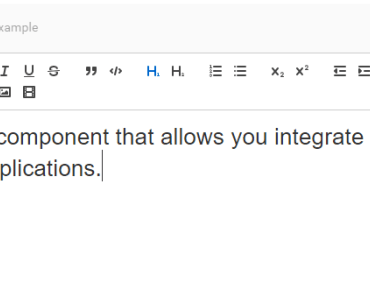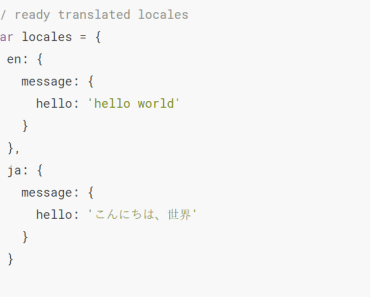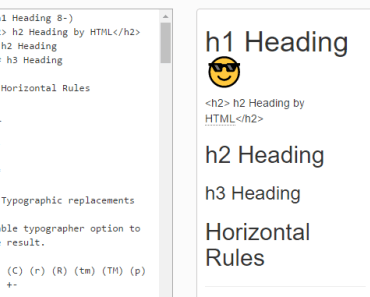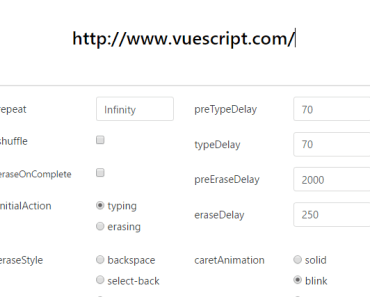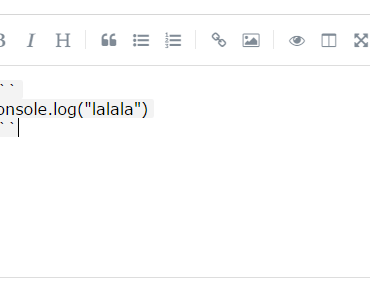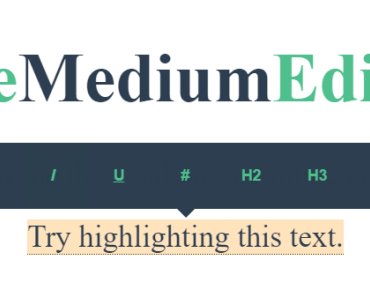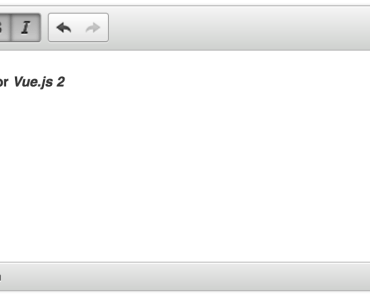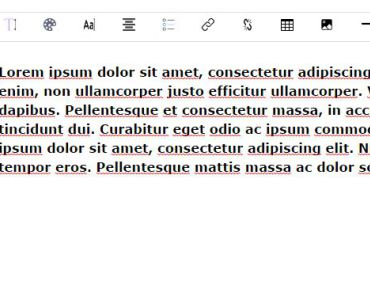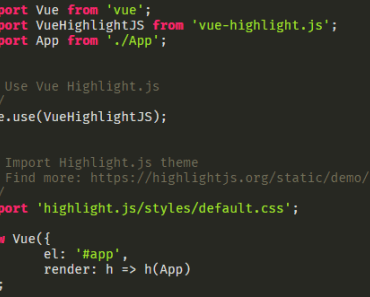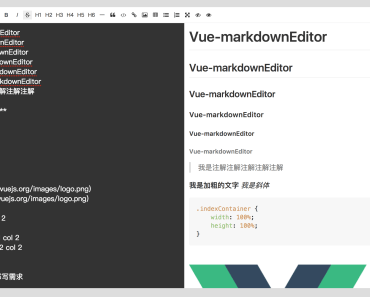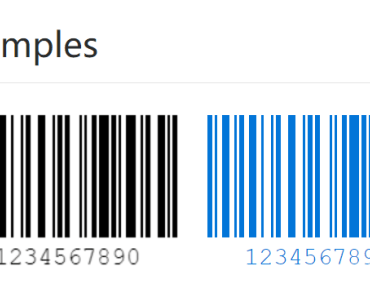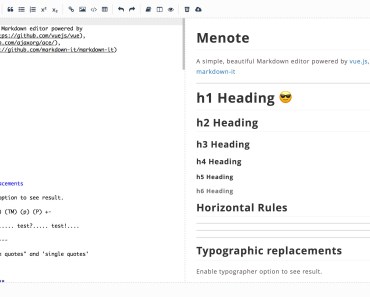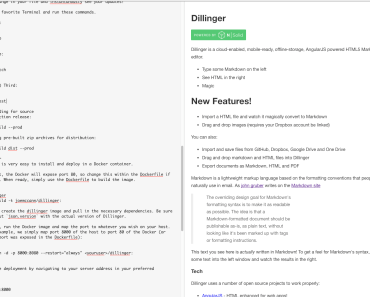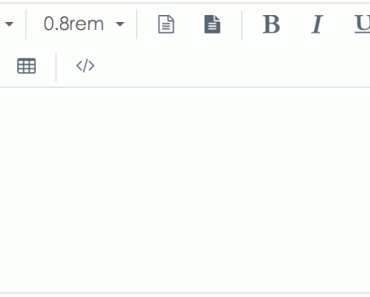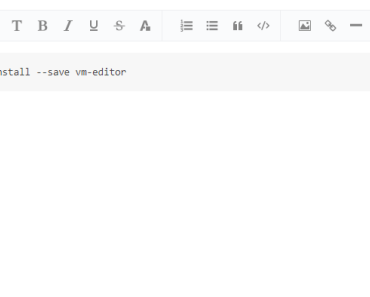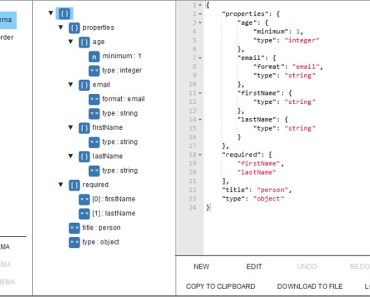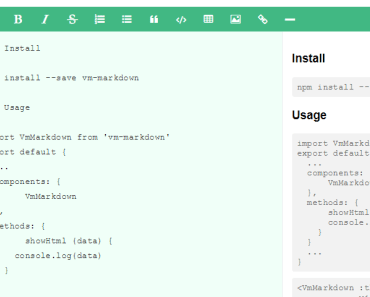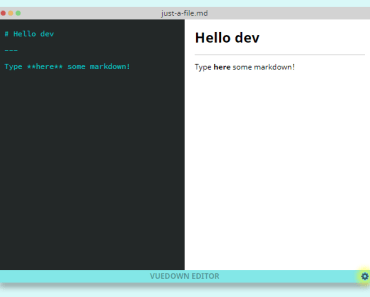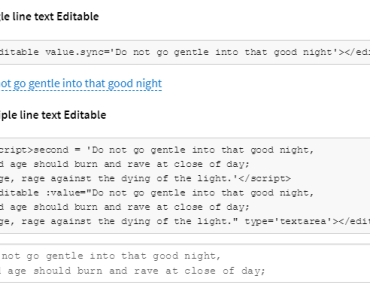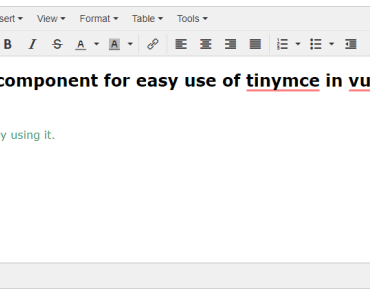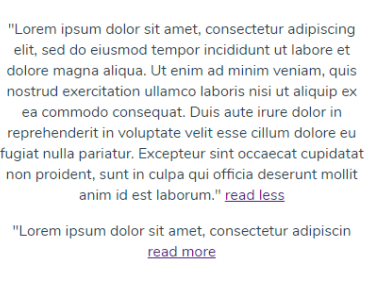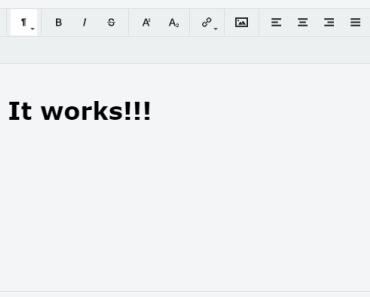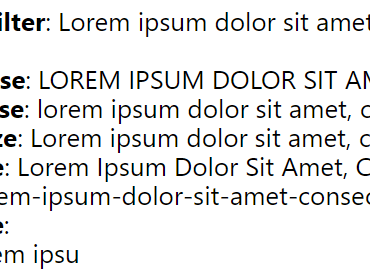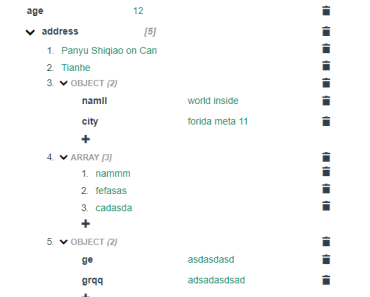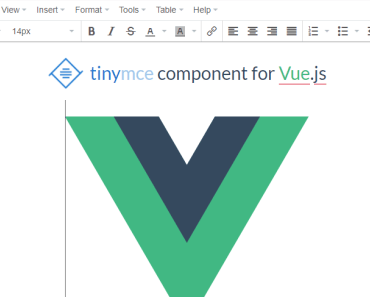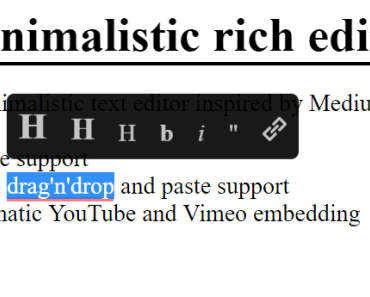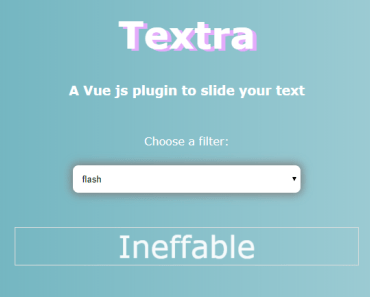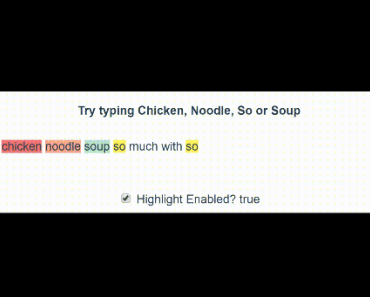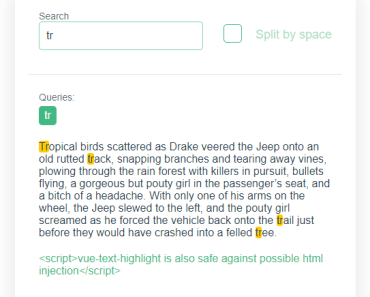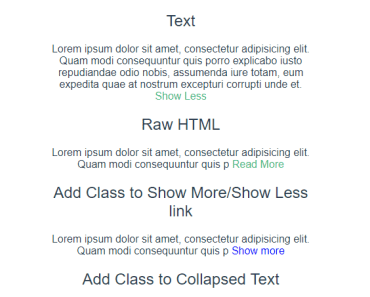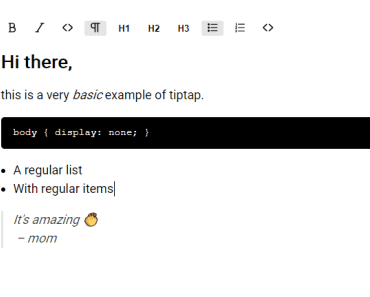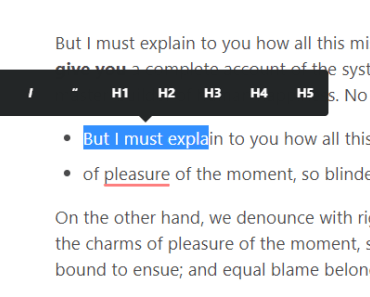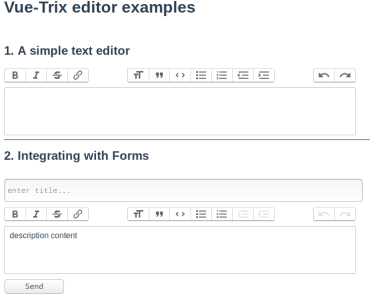V-Localize
About
V-Localize is a very simple localization plugin for Vue.js. Your localizations will be available anywhere in your web application wrapped in a Vue instance.
Support
| Chome | Edge | Firefox | Opera | Safari |
|---|---|---|---|---|
| 4.0+ ✔ | ✔ | 3.5+ ✔ | 10.50+ ✔ | 4.0+ ✔ |
V-Localize was developed using Vue.js 2.x, support for previous versions is not available.
Usage
To install via Bower, simply do the following:
bower install v-localizeTo install via NPM:
npm install v-localizeFor a quick start using jsdelivr:
<script src="https://cdn.jsdelivr.net/npm/v-localize/dist/v-localize.js"></script>Installing the plugin is then as simple as:
import Localize from 'v-localize'; Vue.use(Localize); let localize = Localize.config({ default: 'en-US', available: ['en-US', 'es-SP', { locale: 'ar-MS', orientation: 'rtl', font: { size: 'smaller' } }], fallback: '?', localizations: { "en-US": { header: { title: 'English' } }, "es-SP": { header: { title: 'Spanish' } }, "ar-MS": { header: { title: 'Arabic' } } } }); new Vue({ el: '#app', localize });Once your Vue app has been instantiated, the language can be changed by calling $locale(args*) from your Vue instance or virtual node.
<button v-on:click="$locale({l: 'en-US'})">English</button> <button v-on:click="$locale({l: 'es-SP'})">Spanish</button>You can specify your localizations like so:
<!-- add a localized title to this element targeting en-US --> <h1 v-localize="{i: 'header.title', t: 'en-US', attr: 'title'}">Hello World</h1> <!-- replace this element's text with localized item --> <h2 v-localize="{i: 'header.title'}"></h2>Alternatively, you can get your current localization by calling $locale() without specifying a language.
<!-- fetch current locale --> <h1>Locale: {{ $locale() }}</h1>For fetching a specific locale item programatically within a component method:
export default { name: 'some-component', methods: { getTitle() { window.alert(this.$locale({i: 'title'})) }, getSpanishTitle() { window.alert(this.$locale({i: 'title', t: 'sp-ES'})) } } }Configuration
The plugin takes 5 options,
debug: If enabled, will spit warnings and errors to console.
default: Default language key to target if not set already.
available: List of available localizations, can optionally specify locale options. ex;
['en-US', 'es-SP', 'pr-BR', { locale: 'ar-MS', orientation: 'rtl' }]
fallbackContent: Use the existing node's text content if enabled and requested localization is not found.
fallback: Default text to show if localization for current language not found. If not specified, will default to'N/A'.
webStore: If the Vue instance is accessed within a web context and optionwebStoreis enabled, plugin will store the locale in local storage for the next visit.
localizations: JSON object for localizations.
{ "en-US": { // language branch "header": "Hello World!", // localization "nav": { "home": "Home" // nested localization } } }Locale Options
Locale configuration currently supports the following options,
orientation: Text direction of target element, useful for orientation of script languages.
font.family: Font family to change to. Re: https://www.w3schools.com/jsref/prop_style_fontfamily.asp
font.size: Font size to scale to. Re: https://www.w3schools.com/jsref/prop_style_fontsize.asp
Contributors
- John Nolette ([email protected])
Contributing guidelines are as follows,
-
Any new features must include either a unit test, e2e test, or both.
- Branches for bugs and features should be structured like so,
issue-x-username.
- Branches for bugs and features should be structured like so,
-
Before putting in a pull request, be sure to verify you've built all your changes.
Travis will build your changes before testing and publishing, but bower pulls from this repository directly.
-
Include your name and email in the contributors list.
Copyright (c) 2018 John Nolette Licensed under the MIT license.
